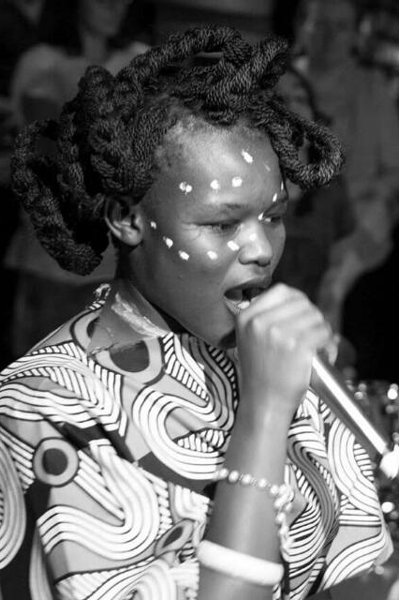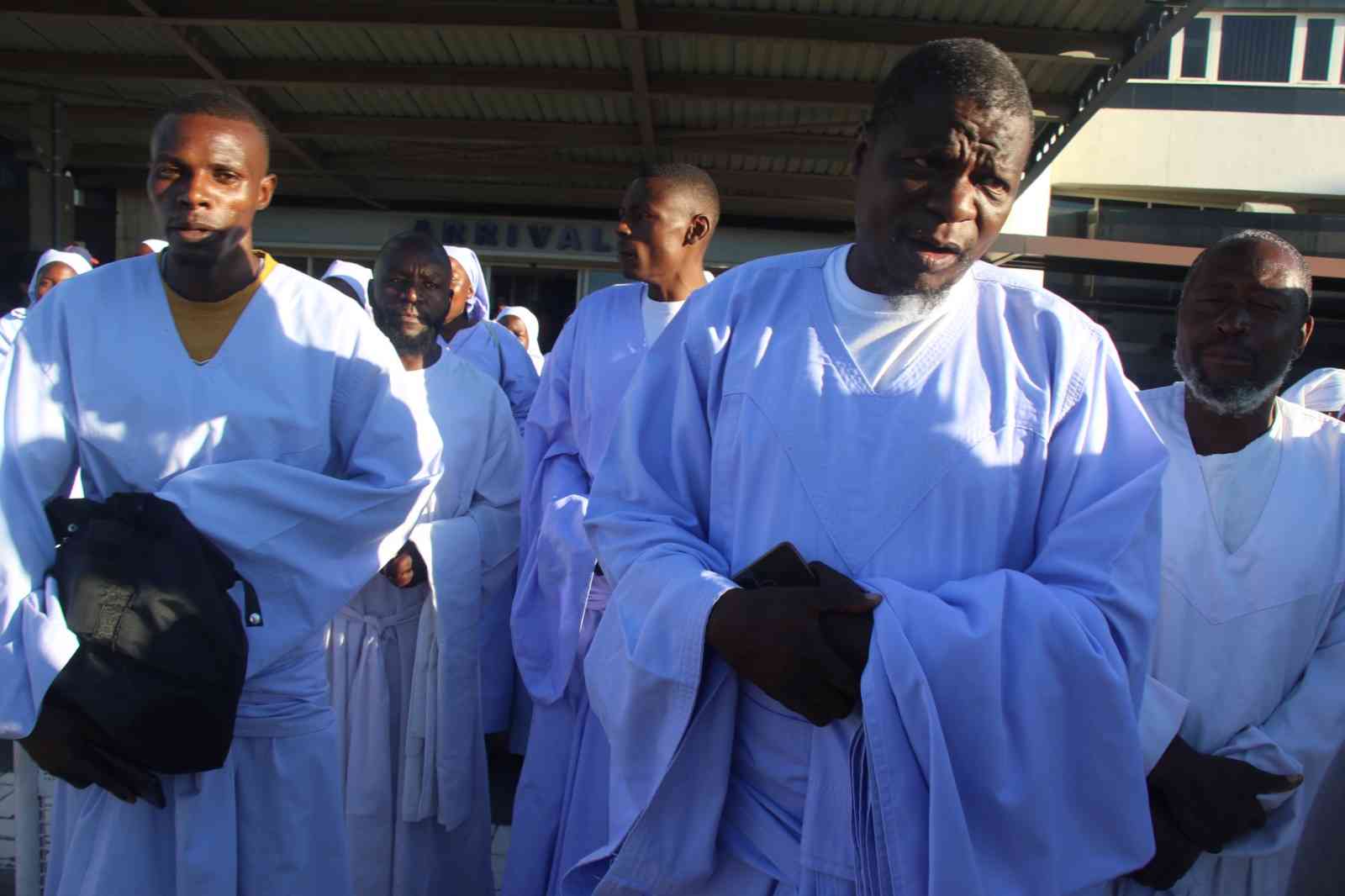
FROM humble beginnings in Bulawayo’s oldest suburb, Makokoba, 24-year-old female rapper AWA has managed to turn her horrific life experiences into stories that have taken her places.
free bars with Sindiso Dube

Real name Awakiwe Sibanda, her stage name AWA is a shorter version of her first name and an acronym for African Women Arise.
She started singing four years ago when she released her first single titled Wangishiya Lengane, which talks about the dangers of teenage pregnancies. Two years later she released her second single titled Ngoneni Na?, which dwells on domestic violence.
AWA, who comes from Makokoba — which is synonymous with notoriety — said her music was inspired by life experiences, especially domestic violence, sexual blackmails, hunger and unemployment.
“I come from Makokoba and my personal experiences inspired my music,” she said.
“I grew up in a community where violence was the answer to everything. You would see some girls being sexually harassed while others were being impregnated every day. Makokoba has the highest level of crime in Bulawayo. I turned all those experiences into music and I am the voice of the masses.
“As one of the few females in the hip-hop industry, I felt the need to address issues that affect mostly women.”
- Chamisa under fire over US$120K donation
- Mavhunga puts DeMbare into Chibuku quarterfinals
- Pension funds bet on Cabora Bassa oilfields
- Councils defy govt fire tender directive
Keep Reading
AWA blends hip-hop with the Ndebele culture to produce a distinct sound which makes her a marvel to watch on stage, clad in her trademark skimpy, yellow traditional attire of the Ndebele culture. She decorates and accessorise her face with designs.
“Hip-hop for me is a way of expressing myself. It is my voice and it heals me. It is more than just rapping,” she said.
“The hip-hop culture has many elements like beat boxing, graffiti, breakdancing and emceeing, among others.
“I rap in Ndebele and most of my songs are a mixture of rap and traditional Ndebele songs or proverbs. I wear traditional Ndebele costumes when I perform because I want to be attached to my roots, even in music. I also feel that as artists, we should educate the next generations about our culture, so that it lives on.”
AWA has performed at various festivals, including Intwasa Festival, Shoko Festival, Jibilika Festival and the TostraBen Festival in Germany.
She regards her recent United Kingdom tour as the biggest highlight of her career yet. AWA took part at the Voices of the Revolution — a collective of 15 female musicians from 10 countries, including Egypt, Venezuela and Brazil. “We performed at festivals around the UK, including the Shambala Festival, Festival Number Six and Freedom Festivals Hull,” she said.
“Working with other talented women from different corners of the world was a life-changing experience for me. It opened doors for my career and I had an interview on BBC. I was also featured on UK show Noisey Raps.”
AWA will also perform at the Urban Africa Festival in Germany alongside Cassper Nyovest, Cal_Vin and Major League DJs, among others. The festival starts tomorrow and ends on Saturday.
A product of Lower Gwelo Adventist High School, AWA is studying towards a degree in Social Work with the University of South Africa.
She said her family never supported her career line.
“Like most female artists, my family does not support me at all. I’m the only artist in my family and they say it is not a stable and acceptable career. However, I keep marching on, telling the social stories and inspiring girls out there,” she said.
Her outspoken nature has found her in trouble recently. A few weeks ago, she was arrested while taking part during an anti-President Robert Mugabe protest in Bulawayo.
“We were dispersed and arrested by the police at a peaceful protest and many walked out with scars. I long to see a Zimbabwe where we will have justice and freedom to speak out without fear,” she said.
“As an artist, I will continue telling stories that affect Zimbabweans. I won’t be sacred to do so. The police brutality in the country is worsening and I was in tears when I read about a 62-year-old woman who was beaten by the police, that’s inhuman. We are not free in Zimbabwe, even the artists are censored.”










